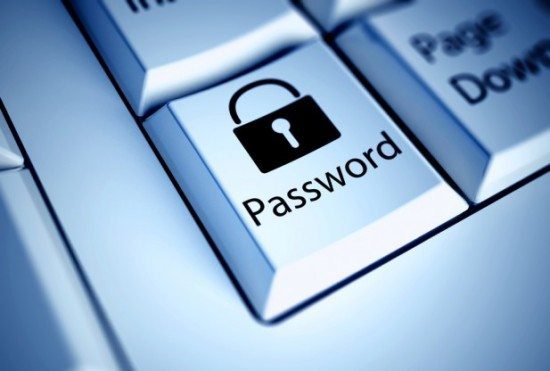Nearly half (44 per cent) of Internet users admit to having shared their passwords with somebody or leaving them visible for people to see, according to the findings of Kaspersky Lab’s recent consumer surveys*. This demonstrates a lack of cyber-savviness, making it easier for cybercriminals to unlock and gain access into the online lives of consumers.
Despite this, when asked about the importance of passwords, respondents were more likely to think strong passwords were necessary for the online services they valued most highly. The studies found that according to consumers, the websites most in need of strong passwords were online banking (54 per cent), email (44 per cent) and social media sites (24 per cent).
The survey showed there maybe confusion over which sites require the strongest password protection. 29 per cent considered online shopping to be a personally important service, although over a third (38 per cent) felt it warranted a strong password. In addition, 29 per cent agreed that online payment systems needed a strong password, with slightly fewer 23 per cent regarding these services as personally valuable.
More worrying is the fact that although consumers agreed that online financial transactions require a strong password, over a quarter (29 per cent) think there is no need to have additional protection for their personal credentials when using these services. They expect the brands they shop with to provide all the protection they need.
Putting their personal information at risk, a third (33 per cent) of Internet users admit to freely sharing passwords with family members. 44 per cent have both shared passwords and left them visible to others. One in ten (11 per cent) share passwords with friends and a surprising 6 per cent with colleagues. And, with over a third (38 per cent) of consumers using only one email address for all of their accounts, sharing that password with others could prove costly. Should it get into the wrong hands, this password could unlock a whole host of personal and financial data about a person.
“Consumers need to be more cyber-savvy about passwords. Once shared, it is very difficult to know exactly where your password will end up. Our research shows that there is a real disconnect between the understanding of why we need strong passwords and the action people take to keep them safe. No one would expect a friend or family member to knowingly divulge a password, but by sharing passwords, consumers are increasing the risk of them falling into the wrong hands. This could give cybercriminals easy access to personal and financial information and hacked accounts can be used to distribute malicious links and files, harming others. At worst, entire identities could be put at risk. Even the most complex password is weak if it’s visible to others, so keep it to yourself,” comments David Emm, Principal Security Researcher at Kaspersky Lab.
To help users maintain the integrity of their passwords, Kaspersky Password Manager (a part of Kaspersky Total Security – Multi-Device) provides an extra layer of protection by securely storing all passwords and synchronisng them across all devices. The product remembers and generates strong passwords and has auto-logging capabilities for safer access to valuable applications, accounts and websites.
The opinions expressed in this post belongs to the individual contributors and do not necessarily reflect the views of Information Security Buzz.



